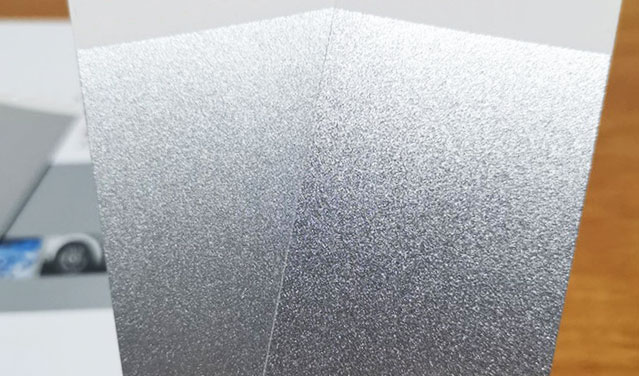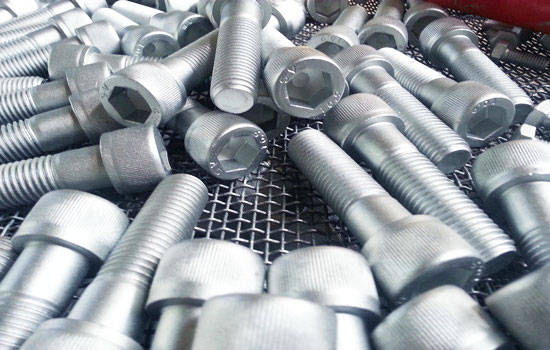Sunflower Chemical explains leafing aluminum paste

Aluminum paste is an inorganic metal pigment, which is mainly composed
of aluminum flakes, solvents and additives. The ratio is about 60%-70%:
30%-40%: 0-10%. After special processing technology and surface
treatment, the surface of the aluminum sheet is smooth and flat, the
edges are neat, the shape is regular, the particle size distribution is
concentrated, and the matching with the coating system is excellent. The
aluminum paste is mainly in the form of paste or paste, and the shapes
of the aluminum flakes are silver dollar, snowflake and scaly. The
industry uses special terms such as solid content, particle size,
whiteness, brightness, metallicity, hiding power, and cleanliness to
describe the physical properties of aluminum paste. The particle state
of aluminum paste is in the form of scales. In most processes for
producing aluminum paste, lubricants are needed to prevent "cold
welding". When used in coatings, these lubricants can impart leafing or
non-leafing properties to the aluminum paste.
The main raw materials for preparing leafing aluminum paste are atomized
aluminum powder, solvent oil and stearic acid (saturated fatty acid,
density: 0.847g/cm3). In the ball milling stage, saturated fatty acids
such as stearic acid are used as lubricants. Stearic acid is adsorbed on
the surface of the aluminum sheet to make the aluminum paste
hydrophobic and oleophobic. The aluminum flakes coated with stearic acid
in the coating system cannot be wetted by the base material, and the
density is relatively small, thereby reducing the downward gravity of
the aluminum flakes. On the other hand, with the upward thrust of the
molecules moving to the surface of the carrier when the solvent
volatilizes, the sinking force formed by the weight of the aluminum
sheet is offset to make it float to the surface of the paint film, and
an opaque silver film is formed on and near the surface of the paint
film. Since the aluminum flakes float on the surface of the paint film,
and some of the aluminum flakes overlap, there will be silver drop, and
recoating is also difficult.

Leafing aluminum pastes are generally used for roof coating,
maintenance, anti-corrosion coatings, reflective coatings, and imitation
chrome effect coatings that require high protection. Its appearance
varies according to the thickness of the particles (particle size),
which can range from rough, white appearance to gray, highly reflective
or mirror-like effects, and can produce effects from flat, silver, and
high-gloss (chrome plated).
The coarse-grained leafing aluminum paste has the lowest hiding power
and rough structure, but it can obtain the whitest and brightest
coating. On the contrary, the fine-grained leafinging aluminum paste has
the greatest hiding power, the smoothest structure and high
reflectivity. These leafing aluminum paste aluminum sheets have a smooth
surface, which can reflect light (visible light, ultraviolet light and
infrared light) and have good heat insulation effects; the densely
laminated aluminum sheets can also provide shielding effects to prevent
moisture and other reaction media from entering the paint film. Play a
good protective effect on the coating substrate.

